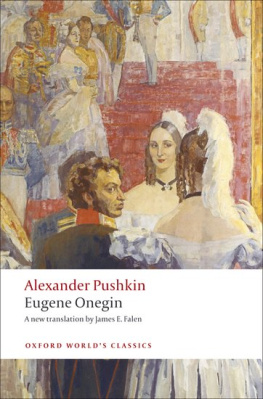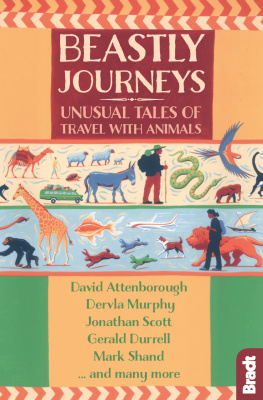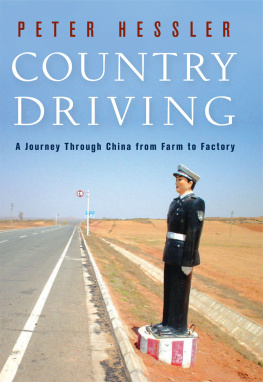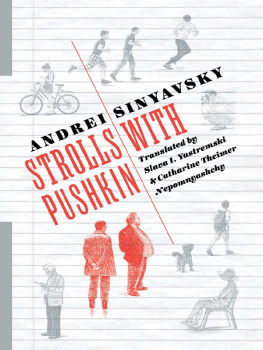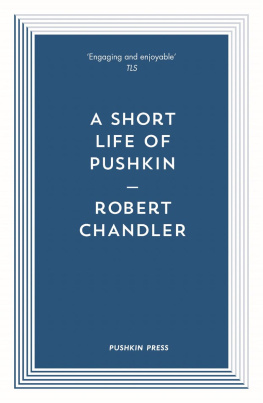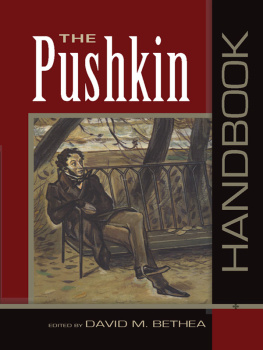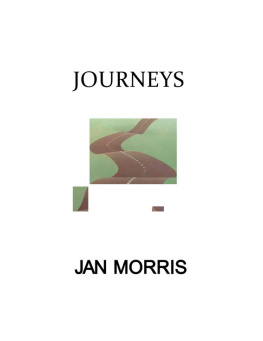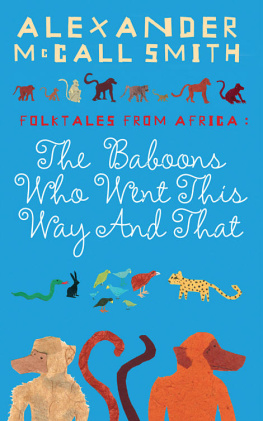Alexander Pushkin - Novels,Tales,Journeys
Here you can read online Alexander Pushkin - Novels,Tales,Journeys full text of the book (entire story) in english for free. Download pdf and epub, get meaning, cover and reviews about this ebook. year: 2016, publisher: Knopf, genre: Art. Description of the work, (preface) as well as reviews are available. Best literature library LitArk.com created for fans of good reading and offers a wide selection of genres:
Romance novel
Science fiction
Adventure
Detective
Science
History
Home and family
Prose
Art
Politics
Computer
Non-fiction
Religion
Business
Children
Humor
Choose a favorite category and find really read worthwhile books. Enjoy immersion in the world of imagination, feel the emotions of the characters or learn something new for yourself, make an fascinating discovery.

- Book:Novels,Tales,Journeys
- Author:
- Publisher:Knopf
- Genre:
- Year:2016
- Rating:4 / 5
- Favourites:Add to favourites
- Your mark:
- 80
- 1
- 2
- 3
- 4
- 5
Novels,Tales,Journeys: summary, description and annotation
We offer to read an annotation, description, summary or preface (depends on what the author of the book "Novels,Tales,Journeys" wrote himself). If you haven't found the necessary information about the book — write in the comments, we will try to find it.
Novels,Tales,Journeys — read online for free the complete book (whole text) full work
Below is the text of the book, divided by pages. System saving the place of the last page read, allows you to conveniently read the book "Novels,Tales,Journeys" online for free, without having to search again every time where you left off. Put a bookmark, and you can go to the page where you finished reading at any time.
Font size:
Interval:
Bookmark:
The Master and Margarita
The Complete Short Novels of Anton Chekhov
Selected Stories
The Adolescent
The Brothers Karamazov
Crime and Punishment
Demons
The Double and The Gambler
The Eternal Husband and Other Stories
The Idiot
Notes from a Dead House
Notes from Underground
The Collected Tales of Nikolai Gogol
Dead Souls
The Enchanted Wanderer and Other Stories
Doctor Zhivago
Anna Karenina
The Death of Ivan Ilyich and Other Stories
War and Peace
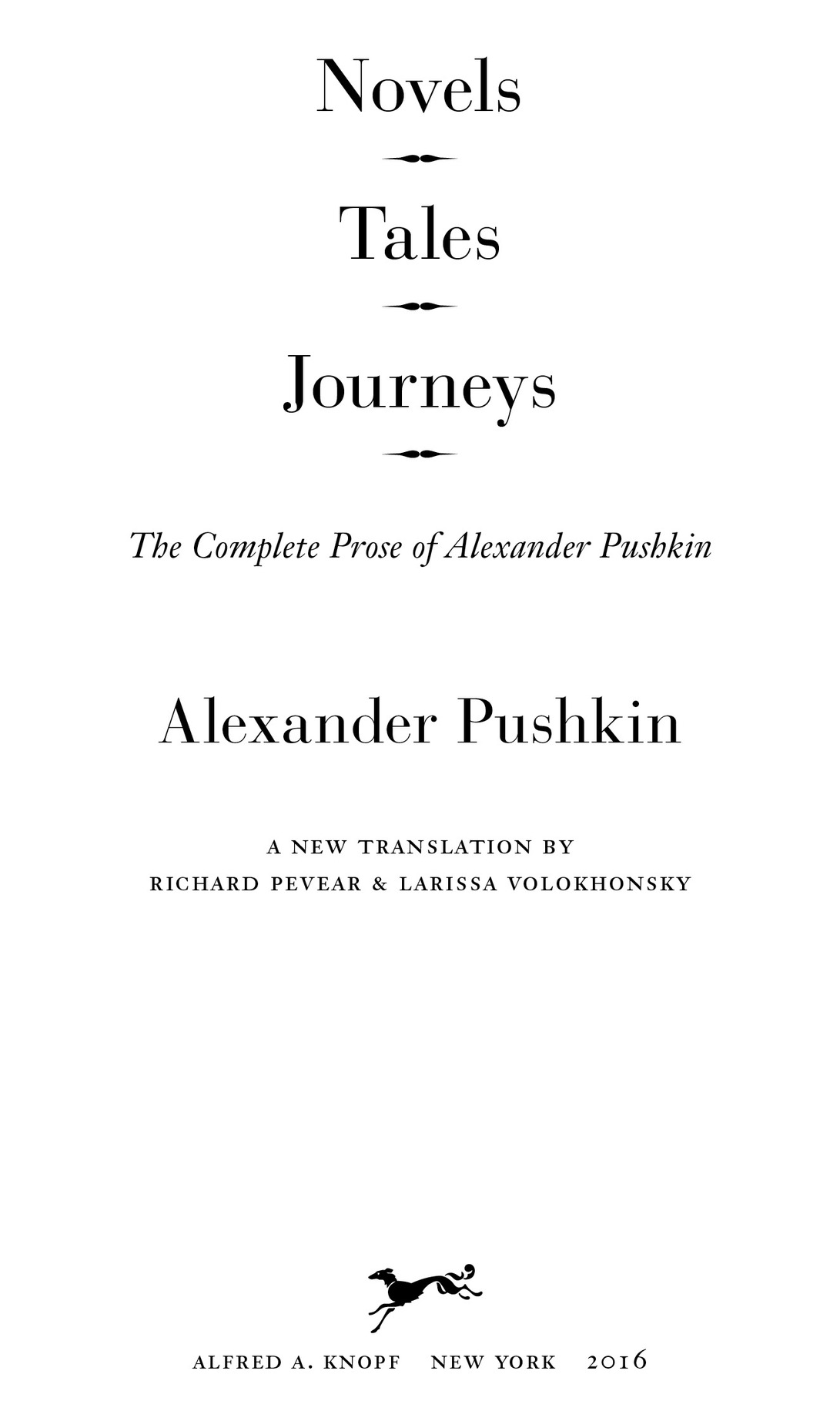

THIS IS A BORZOI BOOK
PUBLISHED BY ALFRED A. KNOPF
Copyright 2016 by Richard Pevear and Larissa Volokhonsky
Foreword copyright 2016 by Richard Pevear
All rights reserved.
Published in the United States by Alfred A. Knopf, a division of Penguin Random House LLC, New York, and distributed in Canada by Random House of Canada, a division of Penguin Random House Canada Limited, Toronto.
www.aaknopf.com
Knopf, Borzoi Books, and the colophon are registered trademarks of Penguin Random House LLC.
Library of Congress Cataloging-in-Publication Data
Names: Pushkin, Aleksandr Sergeevich, 17991837, author. | Pevear, Richard, 1943 translator. | Volokhonsky, Larissa, translator.
Title: Novels, tales, journeys / by Alexander Pushkin ; a new translation by Richard Pevear and Larissa Volokhonsky.
Description: New York : Alfred A. Knopf, 2016. | Borzoi bookTitle page verso. | Includes bibliographical references.
Identifiers: LCCN 2015049350 (print) | LCCN 2016000916 (ebook) | ISBN 9780307959621 (hardcover) | ISBN 9780307959638 (ebook)
Classification: LCC PG 3347. A 15 2016 (print) | LCC PG 3347 (ebook) | DDC 891.73/3dc23
LC record available at http://lccn.loc.gov/2015049350
Ebook ISBN9780307959638
This is a work of fiction. Names, characters, places, and incidents either are the product of the authors imagination or are used fictitiously. Any resemblance to actual persons, living or dead, events, or locales is entirely coincidental.
This collection follows the contents and order in volume 5 of the Khudozhestvennaya Literatura edition of Pushkins works (Moscow, 1975), omitting a few very brief fragments.
Cover image: Alexander Pushkin (detail). Pictoral Press Ltd / Alamy Stock Photo
Cover design by Oliver Munday
v4.1
ep
Alexander Pushkin was mortally wounded in a duel on the afternoon of January 27, 1837, at Chernaya Rechka, just outside Petersburg. It is thus that the figure of Pushkin remains in our memorywith a pistol, Andrei Sinyavsky wrote in Strolls with Pushkin. Little Pushkin with a big pistol. A civilian, but louder than a soldier. A general. An ace. Pushkin! Crude, but just. The first poet with his own biographyhow else would you have him up and die, this first poet, who inscribed himself with blood and powder in the history of art?
Pushkin was just thirty-seven when he died, but he had already been acknowledged as Russias greatest poet, a title that has since been defined and redefined but never disputed. In the decade before his death, however, he had also become the true originator of Russian prose. Sinyavsky is right to say that Pushkin lives in Russian memory as more than a writer, more than a poetas Pushkin! In a speech delivered at a commemoration in revolutionary Petrograd in February 1921, the poet Alexander Blok said: From early childhood our memory keeps the cheerful name: Pushkin. This name, this sound fills many days of our life. The grim names of emperors, generals, inventors of the tools of murder, the tormented and the tormentors of life. And beside themthis light name: Pushkin. Yet his personal presence is in marked contrast with the essential impersonality of Pushkins art. It is not that he celebrated himself and sang himself: he never did. In a letter to his friend Nikolai Raevsky, written in July 1825, Pushkin criticized Byron (whom he generally admired) for the constant intrusion of his personality: Byronhas parceled out among his characters such-and-such a trait of his own character; his pride to one, his hate to another, his melancholy to a third, etc. And he contrasts Byrons practice with the multifarious receptivity he had come to admire in Shakespearehis negative capability, as Keats called it. Sinyavsky intensifies Keatss paradox: Emptiness is Pushkins content. Without it he would not be full, he would not be, just as there is no fire without air, no breathing in without breathing out. Impersonality, openness, and lightness are the essential qualities of his prose.
Our collection includes Pushkins few finished and published works of fictionThe Tales of the Late Ivan Petrovich Belkin, The Queen of Spades, Kirdjali,The Captains Daughtereach different and all masterpieces. It also includes his experiments in various forms, borrowing from and parodying well-known European models, consciously trying out the possibilities of Russian prose. The closest he came to a self-portrait is perhaps the character of Charsky in the fragmentary Egyptian Nights; otherwise he appears in person only in the nonfictional Journey to Arzrum, where, as D. S. Mirsky wrote, he reached the limits of noble and bare terseness.
Pushkins family on his fathers side belonged to the old military-feudal aristocracy, the Russian boyars, dating back some six centuries to the founding of the Grand Duchy of Moscow. He proudly refers to their six-hundred-year standing more than once in his letters. He was also proud of the rebelliousness of some of his ancestors, one of whom was executed by Peter the Great for opposing his political reforms, another of whom (his grandfather) was imprisoned for protesting against the usurpation of the throne by the Prussian-born Catherine the Great. The new gentry that arose in the eighteenth century as a result of Peters reforms more or less eclipsed the old boyars, and Pushkins father was left with relatively modest means.
On his mothers side, Pushkins ancestors bore the name of Gannibal, from his great-grandfather Ibrahim Gannibal. It was long thought (by Pushkin among others) that Ibrahim was the son of a minor Ethiopian prince, though recently it has been argued that he came from the sultanate of Logone-Birni in Cameroon. In any case at around the age of five he was sent as a hostage or slave to the court of the Ottoman sultan in Istanbul, and a year later was either ransomed or stolen by Sava Vladislavich-Raguzinsky, advisor to the Russian ambassador, and brought to Petersburg, where he was presented to Peter the Great. Peter was very taken with the boy, stood as godfather at his baptism, gave him the patronymic Petrovich from his own name, and had him educated in the best European fashion. Ibrahim rose to the rank of general, was granted nobility, and had a long military and political career in the reigns of Peter and his daughter Elizabeth. While serving in the French army in his youth he adopted the surname Gannibal, or Hannibal, after the great Carthaginian general.
Font size:
Interval:
Bookmark:
Similar books «Novels,Tales,Journeys»
Look at similar books to Novels,Tales,Journeys. We have selected literature similar in name and meaning in the hope of providing readers with more options to find new, interesting, not yet read works.
Discussion, reviews of the book Novels,Tales,Journeys and just readers' own opinions. Leave your comments, write what you think about the work, its meaning or the main characters. Specify what exactly you liked and what you didn't like, and why you think so.

